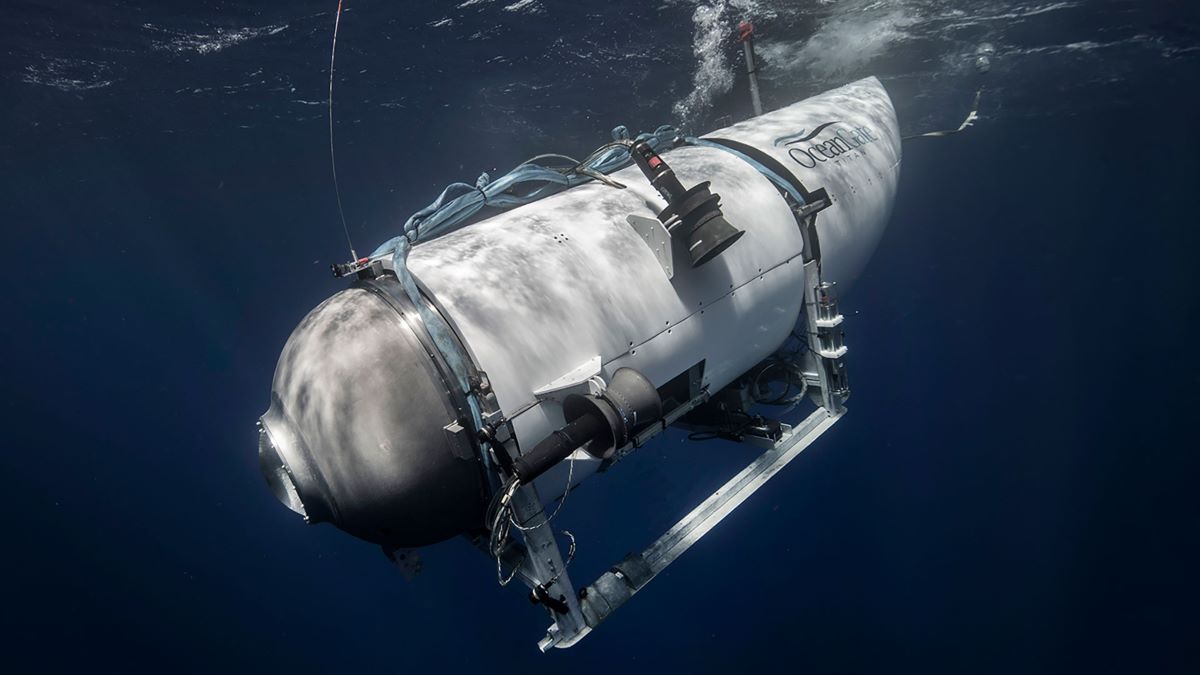Searching is still underway for the crew of the missing Titan, a passenger submersible that, while on a voyage to see the sunken Titanic, lost contact with the surface.
Passengers have a handful of hours of air left, but they’ll reportedly run out in the early morning hours of Thursday. By around 6am tomorrow, the nature of the search could take a tragic turn, which makes a planned documentary seem all the more ghoulish. While audiences will surely tune into the U.K.’s Channel 5 for its Titanic Sub: Lost at Sea documentary when it airs at 7pm local time, which will see it hitting screens in the early afternoon state-side, that doesn’t stop the feeling of “too soon” from looming over the project.
People are ceaselessly curious about the current status of the Titan, partially due to actual concern for its passengers, and partially out of our tried-and-true morbid curiosity. While most of us continue to hold out hope that the submersible will be located, and rescued before time runs out, the cynical among us have already given up hope.
Viewership won’t be an issue for Channel 5, when it launches the Titanic Sub documentary, but criticism is bound to follow. Even if the material is handled with infinite care, the documentary’s timing — which will see it air mere hours after, god forbid, the passengers run out of air — is rather ghastly. As a news organization, Channel 5 is working to better inform the public on a story that inarguably holds a massive amount of interest, but its choice to air the documentary on the same day oxygen is slated to run out feels a bit risky.
The documentary — which is being produced by notoriously quick turnaround production company ITN — is set to arrive on Channel 5 at 7pm local time on June 22, according to Variety, According to managing director of content for ITN Ian Rumsey, the documentary seeks to “chart everything from the exploration itself, to the rise of extreme tourism, to the rescue attempts, but above all it will tell a very human story that has captured the nation which is about 5 people, all with families, who are trapped at the bottom of the ocean.” Rumsey goes onto note that the production company’s “expertise and heritage in fast-turnaround documentaries and reputation for responsible filmmaking means we always treat such stories with great sensitivity.”
So at least we can expect the film to be handled with care, which is great news for anyone interested in watching the documentary, but concerned about the implications of such a fast turnaround.

